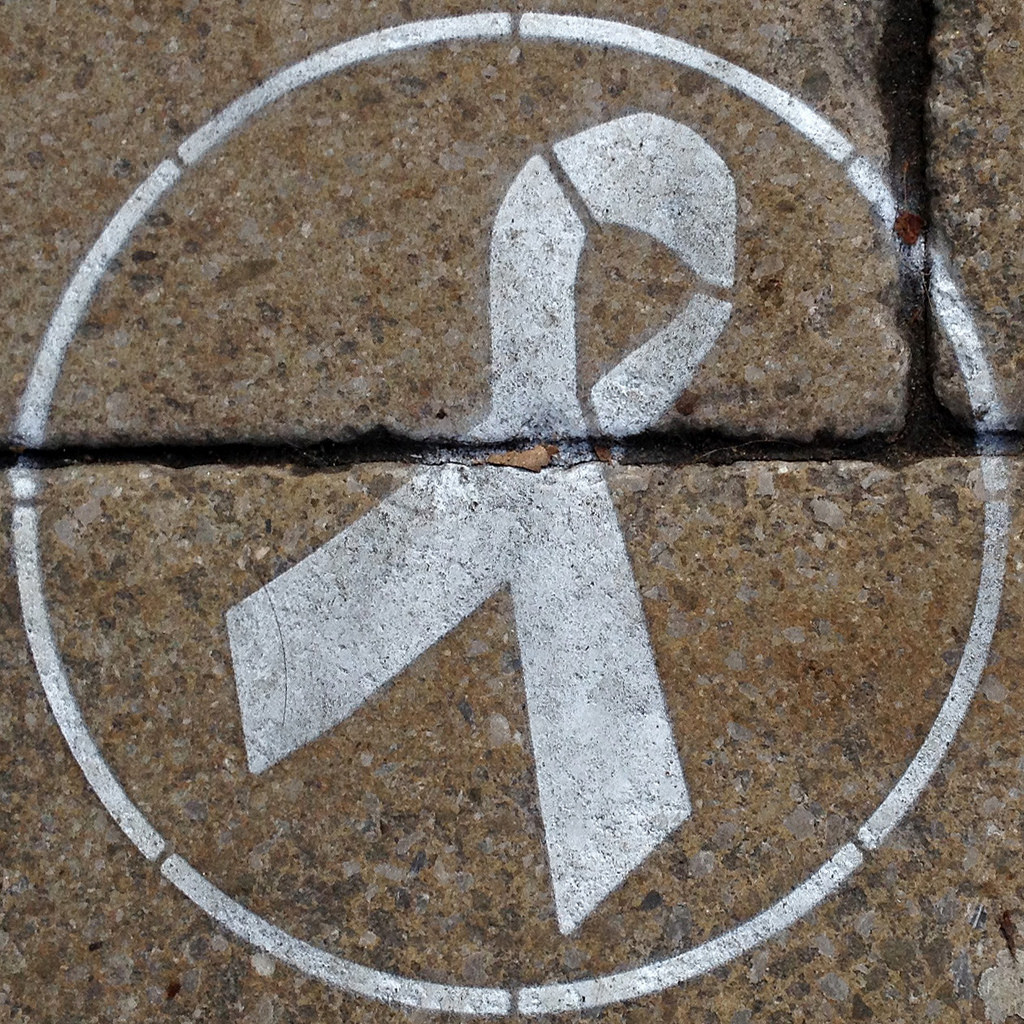“Taking action to protect abuse victims”
May 29th, 2017 Survivors of abuse face a number of hurdles in recovery and rebuilding their lives. Ruth Adeyi, 24, a Commonwealth Correspondent in the UK, tells how the government has taken measures that will remove one hurdle and assist survivors in their efforts.
Survivors of abuse face a number of hurdles in recovery and rebuilding their lives. Ruth Adeyi, 24, a Commonwealth Correspondent in the UK, tells how the government has taken measures that will remove one hurdle and assist survivors in their efforts.
The government in the UK is taking more action to protect abuse survivors from stalking. One example is that survivors of domestic abuse will be able to vote anonymously. Their names and addresses will no longer appear on local authority voting rolls.
In the past, domestic abuse victims have felt let down by the criminal justice system and campaigned for these new changes. The view is that there seemed to be insufficient understanding of the complexity of domestic violence cases and receiving speedy protection as it pertains to the electoral roll. Minister Chris Skidmore said:
“Having met survivors of domestic abuse over the past six months, it is clear that the existing system has often let down those affected by domestic abuse. That is why today we are setting out proposals to reform the anonymous registration scheme in England and Wales to make it more accessible for those escaping domestic abuse.”
The new changes help the government identify and manage the risk posed to domestic abuse survivors. The government is heeding to research that demonstrates that abuse survivors are best able to judge the risks that they may face (Weisz et al. 2000). They are often very reluctant to be labelled as ‘stalking victims’, even though they are very frightened, and in many cases believe that their fears will not be taken seriously (Sheridan et al 2002).
Under the new changes, survivors will be granted anonymity if there is evidence of domestic abuse conviction or “findings of fact” that abuse occurred. Indefinite leave to remain in the UK as a result of domestic violence will be recognised. Evidence of legal aid received on domestic violence grounds may also be sufficient.
Survivors will no longer need authorisation from senior police officers or directors of social services. Given the complexity of domestic violence cases, the regulations will make it easier for survivors to seek the help they need. Junior police officers and social service officials will now provide the approval that they need for their details to be taken off the public register.
The new rule will be extended for witness protection for criminal court cases. To date, the rules cover England and Wales and ministers are working on its extension to Scotland.
photo credit: Leo Reynolds NORFOLK SAYS NO via photopin (license)
…………………………………………………………………………………………………………………
About me: My name is Ruth and I live in London. My main interest is the “International Drug Complex”. Using existing research on the failed “war on drugs”, I hope to draw awareness to how the international community and legal intervention in different countries is re-interpreting drugs, the drug market, and law enforcement.
My other interests include feminist theory, international trade and labour, climate change and environmental policy, and issues of social justice.
…………………………………………………………………………………………………………………
Opinions expressed in this article are those of the author and do not necessarily represent the views of the Commonwealth Youth Programme. Articles are published in a spirit of dialogue, respect and understanding. If you disagree, why not submit a response?
To learn more about becoming a Commonwealth Correspondent please visit: http://www.yourcommonwealth.org/submit-articles/
…………………………………………………………………………………………………………………




